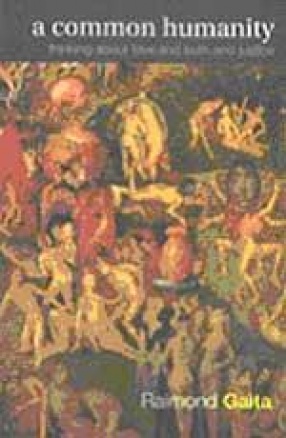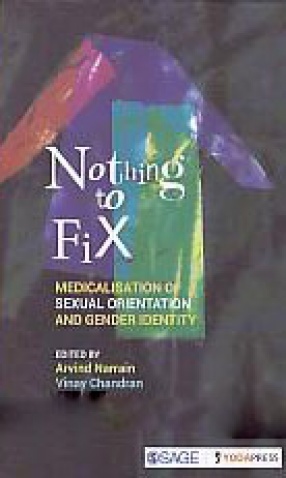A beautifully written and profound book about how the humanity of our fellow human beings is sometimes not fully visible to us. Drawing on the examples of the Holocaust, the David Irving Affair, the case of Mary Bell and the taking of children of mixed blood from Aboriginal parents in Australia, Raimond Gaita examines the reasons for this. Amongst them, he argues, are a moralistic conception of morality that runs deep in our culture and an impoverished conception of reason and understanding. Both encourage a false opposition between moral judgment and compassion and between head and heart. Turning on its head the way we are inclined to think about evil, Gaita argues for an understanding of it that is inseparable from a sense of the preciousness of each human being. Only this conception of evil can safeguard us against the temptation to treat some evil-doers as no longer deserving to be treated fully as our fellow human beings. That sense of the preciousness of each individual, he argues, is founded on and revealed in the works of love-the love of parents for children, the love of lovers for their beloved and the love of saints for people whom most of us cannot love. Far from blinding us to the more formal ways we acknowledge our common humanity, by means of concepts like justice, rights and obligations, Raimond Gaita shows how love can make the structure of these concepts more visible to us. Essential and compelling reading for anyone interested in what makes an ethical society, A Common Humanity shows how philosophy can illuminate pressing moral issues none of us can afford to ignore.
A Common Humanity
In stock
Free & Quick Delivery Worldwide
Bibliographic information
Title
A Common Humanity
Author
Edition
1st ed.
Publisher
Roli Books Pvt. Ltd., 2000
ISBN
0415241138
Length
293p.
Subjects





There are no reviews yet.